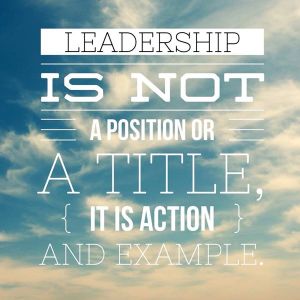Success in business involves wise investments. Perhaps the wisest investment of all is the development of your employees. By considering the personal and professional goals of each individual, development based training will ensure that your people will thrive and your business will grow. Consider the following when choosing a training program:
Personal Development
Each person who works for your organization is unique and has different strengths. With the right guidance, each individual can set personal goals and identify the steps needed to achieve them. Personal development helps individuals better understand themselves and build on their inherent skills. This, in turn, creates and environment of enthusiasm that breeds success. When people have a vested interest in what they are doing, there is a natural shift from going through the motions to being truly motivated. Likewise, when people feel their employer is interested in them as a person, they are more likely to give their best.
Professional Development
Every organization has their particular values and mission statement. To realize these values and missions, ongoing professional development is a necessity. The most effective development programs motivate team performance and enhance leadership skills. Good leaders realize that communication is key. Knowledge is not used as power to hold down others, but rather as the power to mentor others and help them advance.
Success is a journey, not a destination. Continual education and development creates a culture where people want to succeed. When individuals take pride in their abilities and accomplishments, the whole team benefits.
Contact us to discuss the best development based training programs for your continued success.




